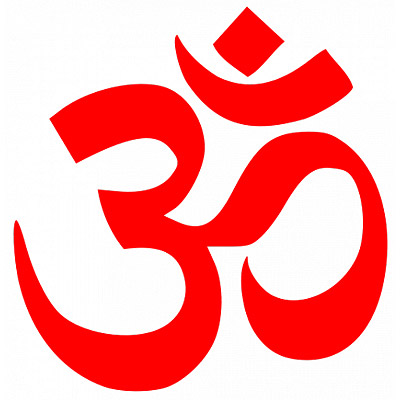 Smarta Sampradaya was formalized by Adi Sankara in the 9th century. The term Smarta means the followers of Vedas and Shastras. Smartas propagate Smriti or religious texts that have been derived from Vedic scriptures. Smarta religion was practiced by those people who believed in the authority of the Vedas and puranas. Smarta Tradition includes the followers of all the six systems of Hindu philosophy. The Bhagavad Gita that consists of the Sankhya and Yoga concepts is revered by the Smartas.
Smarta Sampradaya was formalized by Adi Sankara in the 9th century. The term Smarta means the followers of Vedas and Shastras. Smartas propagate Smriti or religious texts that have been derived from Vedic scriptures. Smarta religion was practiced by those people who believed in the authority of the Vedas and puranas. Smarta Tradition includes the followers of all the six systems of Hindu philosophy. The Bhagavad Gita that consists of the Sankhya and Yoga concepts is revered by the Smartas.
Smarta Sampradaya has some differences with the other Hindu denominations. The followers of this tradition believe that the worshipper has a choice as far as a particular aspect of God to worship is concerned. They feel that devotional practices do not contradict the Vedas and the Smritis. An orthodox smarta is not likely to view gods of non Vedic religions positively.
However a Vaishnavite considers Vishnu or Krishna to be the true God. Likewise many Shaivites believe the same thing as far as Lord Shiva is concerned. Many Shaivites believe that Shakti is worshiped to reach Shiva, whom for Saktas is the impersonal Absolute. In Shaktism, emphasis is given to the feminine manifest through which the male unmanifested, Lord Shiva, is realized. Smartas, like many Saivites and Vaishnavites, consider Surya to be an aspect of God. Many Saivites and Vaishnavites differ from Smartas, as they regard Surya as an aspect of Lord Shiva and Lord Vishnu.
Rituals of Smarta Sampradaya
The daily routine of a smarta Brahmin includes: Snana, Sandhyavandanam, Japa, Panchayatana Puja, Aupasana and Agnihotra. The Brahmacharis perform Agnikaryam as a substitute of Agnihotra or Aupasana. Other customs include Amavasya tarpanam and Shraddha.
The traditional Smarta religious institutions are Sharada Pitha, Jyotirmatha Pitha, Govardhana Pitha, Dwaraka Pitha, Kanchi Kamakoti Pitha and other Sankara Maths that are spread all over India.
Some of the well-known Smarta teachers are Vachaspati Mishra, Sri Ramakrishna Paramahansa, Swami Vivekananda, Bhagawan Sri Ramana Maharshi, Swami Chinmayananda, Dayananda Saraswati and any others.
Smarta Communities
A few communities who follow Smart tradition are spread in various South Indian states. In Karnataka the communities who follow this tradition are: Ulucha Kamme, Babboor Kamme, Sankethi, Sthanika Brahmins, Badaganadu, Kota, Havyaka, Mulukanadu and Moogooru Karnataka. In Tamil Nadu the communities who follow this tradition are: Iyers, Ashtasahasram, Brahacharanam, Vadama and Vathima. In Andhra Pradesh the communities who follow this tradition are: Vaidiki, Mulukanadu, Velanadu, Venginadu,
Telanganya, Nandvariks, Niyogi and Aruvela Niyogi. In Maharashtra the communities who follow this tradition are: Konkani Saraswats (Goud, Rajapur, Chitrapur) of Maharashtra, Goa, Karnataka and Kerala, Chitpavan Brahmins of Konkan, Karhade Brahmins and Daivajna.




















